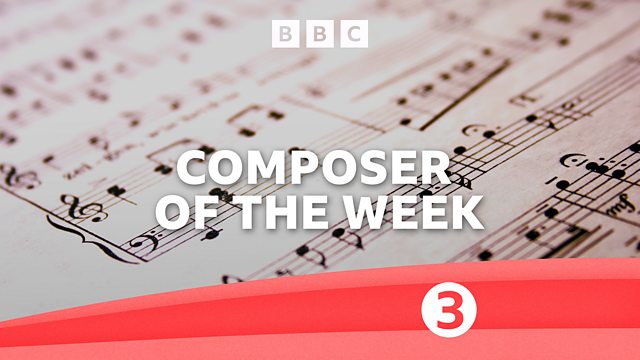
Wesley's mysterious health
Donald Macleod explores the mystery surrounding aspects of Samuel Wesley's health.
Donald Macleod explores the mystery surrounding aspects of Samuel Wesley’s health.
Samuel Wesley was a child prodigy, and it was the older composer William Boyce who said of the boy that he was the English Mozart, and that he had dropped down from heaven. Wesley’s star speedily ascended to the heights from an early age as both performer and composer, but with issues surrounding his often extreme character, and also his health and morals, this ascendency was not to last. His popularity went in and out of fashion during his lifetime, and trying to secure a permanent position as an organist was something which eluded him for a long time. However, he was one of Britain’s leading musicians, mixed in the highest circles, and was responsible for promoting the largely unknown J. S. Bach to these shores. Towards the end of his life, famous musicians and composers sought Wesley out and even Mendelssohn asked the famed organist Samuel Wesley to play for him. We’re only just beginning to understand Wesley’s importance to the development of British classical music, and many of his substantial works, including numerous concertos for piano, organ, and violin, and large scale works for choir and orchestra, all still remain to be recorded.
Samuel Wesley was noted to be a rather extreme character, often displaying entirely opposite ends of his personality, from deep gloom to extreme elation. People have more recently speculated that Wesley may have suffered with bipolar disorder, or manic depression. However, there was an attempt to explain Wesley’s behaviour, due to a blow to his head early on in his life. But did this really happen? Later in life, and as his personal life became more complex - including the stress of needing to earn more money to support two families, periods of depression often set in. At one stage he threw himself out of a window, and was subsequently committed to an asylum in Chelsea for an entire year. However, Wesley demonstrated determination and a strength of character to rebuild his career after this period, continuing to perform and compose music.
Voluntary in G minor
Jennifer Bate, organ
Ode to St Cecilia (extract)
Julia Gooding, soprano
Charles Brett, countertenor
David Mattinson, baritone
St John’s Smith Square Orchestra
John Lubbock, conductor
Might I in thy sight appear
Patrick McCarthy, tenor
Timothy Roberts, organ
Memoriam fecit mirabilium suorum
Portsmouth Choral Union
Southern Pro Musica
David Gostick, conductor
Symphony in B flat major
London Mozart Players
Matthias Bamert, conductor
Fidelia omnia mandata ejus
Claire Seaton, soprano
Southern Pro Musica
David Gostick, conductor
Produced by Luke Whitlock, for ����ý Wales
Last on
More episodes
Next
You are at the last episode
Music Played
-
![]()
Samuel Wesley
Voluntary in G minor, Op 6 No 8
Performer: Jennifer Bate.- SOMM CD 036.
- SOMM.
- 22.
-
![]()
Samuel Wesley
Might I in Thy Sight Appear
Performer: Timothy Roberts. Singer: Pat McCarthy.- HYPERION: CDA67020.
- HYPERION.
- 11.
-
![]()
Samuel Wesley
Memoriam fecit mirabilium suorum
Choir: Portsmouth Choral Union. Orchestra: Southern Pro Musica. Conductor: David Gostick.- Priory PRCD 1186.
- Priory.
- 4.
-
![]()
Samuel Wesley
Symphony in B flat major
Orchestra: Milton Keynes City Orchestra. Conductor: Hilary Davan Wetton.- Unicorn DKPCD9098.
- Unicorn.
- 10.
-
![]()
Samuel Wesley
String Quartet in E flat major (final movements)
Ensemble: Salomon String Quartet.- HYPERION : CDA 66780.
- HYPERION.
- 14.
Broadcast
- Fri 7 Feb 2020 12:00����ý Radio 3
Beethoven Unleashed – the box set
What was really wrong with Beethoven?
Composers A to Z
Who knew? Five eye-opening stories from Composer of the Week
Five reasons why we love Parry's Jerusalem
What is the strange power of Jerusalem which makes strong men weep?
A man out of time – why Parry's music and ideas were at odds with his image...
The composer of Jerusalem was very far from the conservative figure his image suggests.
Composer Help Page
Find resources and contacts for composers from within the classical music industry.





